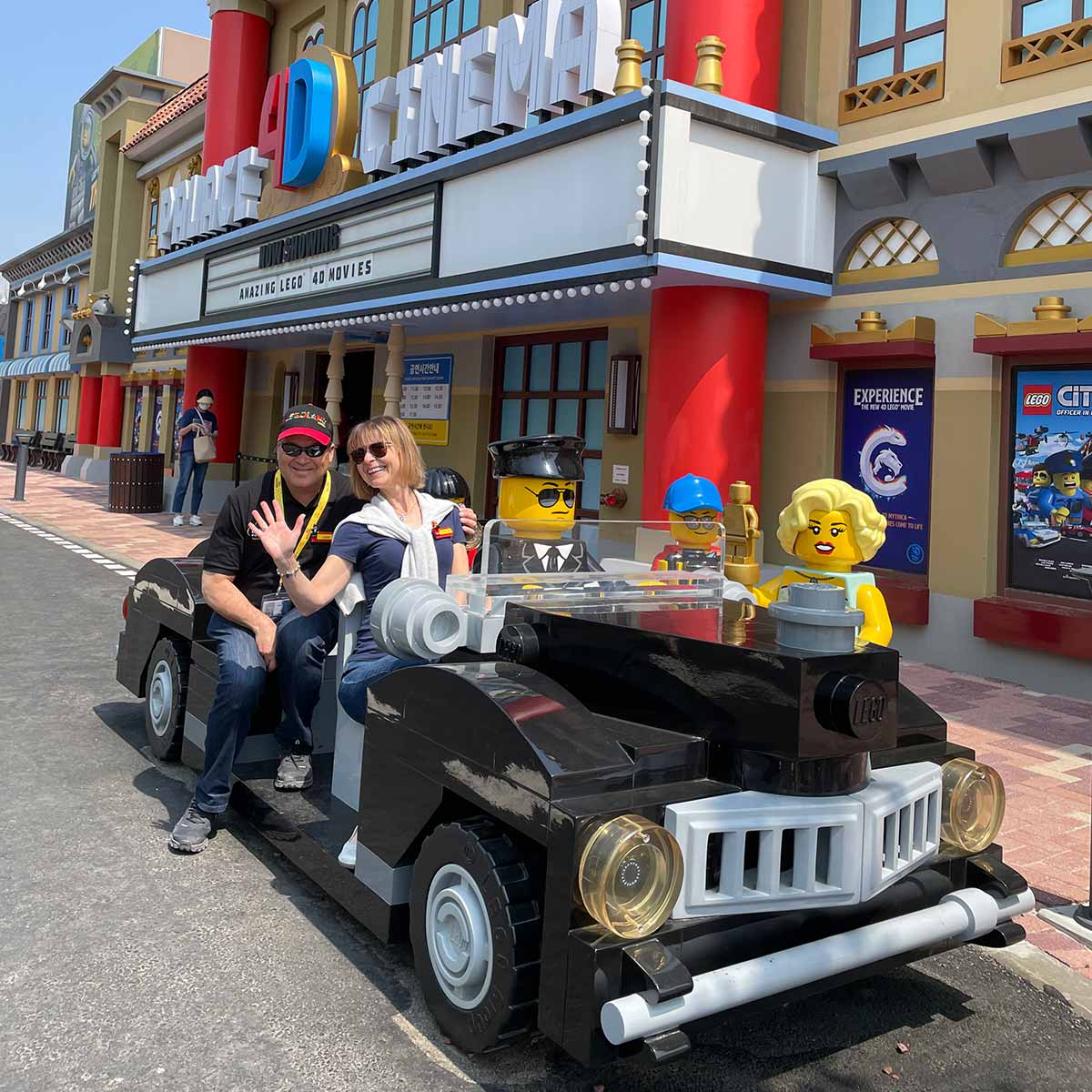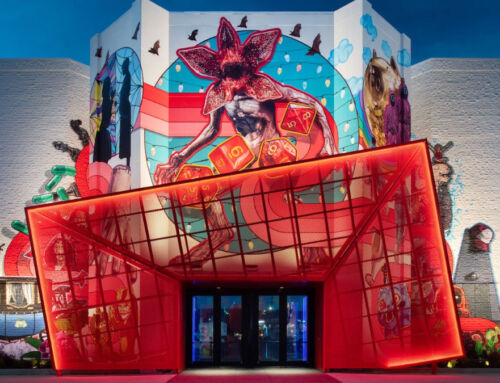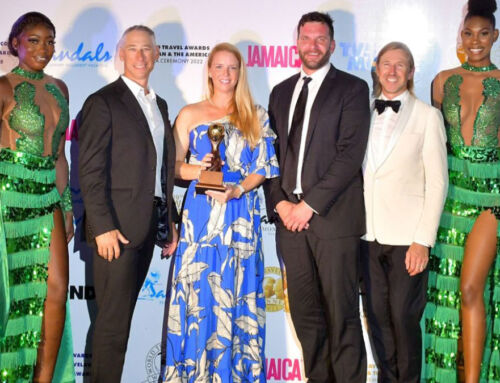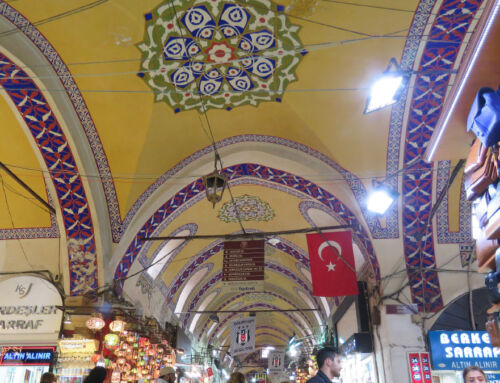From architecture to project management in a public entity, and from there to the leisure and water and theme parks industry; witnessing the beginnings and growth of WhiteWater West Industries Ltd., first as project manager, then as director of the water parks division, until reaching as international director of project services; and then joining Merlin Entertainments and moving to Korea and Shanghai at different times to build LEGOLAND® theme parks. This is the trajectory of the professional with whom we have spoken and of whom we offer you here our conversation.
Amusement Logic: After completing your Bachelor of Architectural Science in Toronto, Canada, you worked for the City of Surrey as a project coordinator and facilities manager. How was working for a public authority?
Eddie Dwyer: I completed my Architecture degree at Ryerson University (now called Toronto Metropolitan University and then left Toronto for Western Canada, where I settled in Vancouver. My first job after graduating was as a project coordinator in the facilities management department at the City of Surrey. Working for a big public entity taught me a lot about local politics and government approval processes in construction. I acquired useful project management skills that helped me in other roles in my career.
A.L.: You worked in similar positions in two other companies to finally join the WhiteWater West Industries Ltd. team, where you spent 18 years. What brought you to the leisure industry and why did you stay in WWI for so long?
E.D.: I was looking for a new job in 2001 with the help of a recruiter. He gave me information on 3 companies that needed a project manager. He showed me a brochure with a photo of a 50-slide waterslide tower that had been built in Japan. I was amazed by the photo and realized that I wanted to build water slides around the world. It was always my goal to have a career that allowed me to travel and learn how things are done in different countries.
The company was fairly small when I joined. It grew over time as the Waterpark and Leisure industry expanded. The company also developed many new products over the years which resulted in many larger new projects. This growth allowed me to manage well over 400 projects worldwide. There were always interesting and challenging projects to work on, which is why I stayed in the waterslide industry for so long. By managing projects all over the world, I was to also learn about the many different cultures that exist around the globe. The most rewarding things for me were building relationships with my team, customers, supplies, Architects, and Contractors from all different experiences and backgrounds.
A.L.: You started as a Project Manager and scaled first to Supervisor of waterparks projects and later on to Director of Projects. Could you summarize this career path?
E.D.: My career path evolved as the company grew and the industry expanded. I began as a project manager and then moved up through several promotions to Senior Project Manager, Manager of the Waterpark Division, and finally to Director of Project Services. As a project manager I delivered many projects successfully on time and on budget with satisfied customers. This success led to working with many of the same customers on different projects year after year. My success as a project manager also helped me develop my leadership skills that resulted in a promotion to Director of Project Services. In this role I was responsible for the company’s largest department with a staff of over 90 people in multiple offices around the world.
A.L.: Then you spent a year in the construction field in White Rock, also in Canada. What is it like to be involved in the construction of a 26-story concrete skyscraper?
E.D.: The pandemic created a lot of uncertainty and anxiety in the world and many businesses had to shut down or scale back their activities. The attractions industry was particularly impacted, since these are places where people need to gather in large groups. Luckily for me, I was able to pivot quickly to the general contracting industry which was not as limited by pandemic restrictions as other industries in Canada. General Contracting was not unfamiliar to me. Almost 35 years earlier as a university student in Toronto I worked for a large General Contractor for 3 summers. It was fascinating to see how construction methods and new technologies had changed in that time to make construction more economical and efficient. I was also able to apply a lot of my previous project management skills I gained in the attractions industry to my role as Project Manager building a large high-rise.
A.L.: After a brief stint in renewable energies, you joined Merlin Entertainments. How did this step come about?
E.D.: While working as a Project Manager in General contracting and Renewables, I had been in discussions with a former co-worker and manager from the waterpark industry. He had moved on from Waterparks many years before to work on building LEGOLAND® Theme Parks in Japan and Korea. He gave me the opportunity to work on building LEGOLAND® theme parks in China and Korea. This was a very appealing opportunity as it would allow me to return to the attractions industry where I could use my previous 20 years’ experience building water parks globally to now build theme parks.
Taking the position involved a lot of thought and discussion with my wife Crisina as it meant both of us leaving our life in Canada to move to a different country. We decided together to go on an adventure to experience work and life in Asia. As the Director of Projects Asia, I traveled frequently between Canada and Korea, and then relocated to Seoul for 1 year. In June of 2023 we moved to Shanghai. The move was challenging at first as we faced some pandemic related travel restrictions. But now we are all comfortable in Shanghai and we have had fun exploring China and learning about Chinese culture.
A.L.: What particularities do LEGOLAND® parks have and what makes them different from the rest?
E.D.: LEGOLAND® is a fun, colorful and inspiring place where families can have an awesome time. Whether it’s a day trip or a short break, there’s something for everyone at LEGOLAND®. Each LEGOLAND® has interactive rides, live shows, building workshops, and amazing attractions that feature Miniland areas, which show famous landmarks and attractions from the Resort location – all made with the iconic LEGO® brick. LEGOLAND® is designed especially for families with children aged 2-12 years old. Families can also enjoy amazing LEGO® themed hotels and accommodation.
A.L.: What demands have you encountered due to the fact that these parks are being built in China?
E.D.: One of the challenges with building in China is dealing with the public tendering process. It is very involved and has many processes and steps to follow in order to award contracts. The good news is the team we have here in China have lots of experience in dealing with the authorities and know how to efficiently navigate all the requirements for public tendering.
A.L.: What are Chinese audiences like?
E.D.: This one is difficult to answer as we do not have a park that has opened yet in China. But what I have observed from visiting other parks in China, Chinese consumers have embraced theme parks with enthusiasm. Parks with International IP are very popular in China.
A.L.: What prospects do you foresee for the development of the leisure and tourism sector in China?
E.D.: Currently statistics indicate that China has the world’s 2nd biggest market for theme parks and leisure activities. China’s attraction industry kept changing and growing even during the pandemic. Since the pandemic, visits to Chinese theme parks have grown to more than pre pandemic levels. China’s theme parks have a chance to grow even more, but they will face a lot of competition from the many local and foreign brands that could either expand or enter the market. Given the passion and enthusiasm the Chinese people have for theme parks and leisure activities there is huge potential for continued growth in this market.






